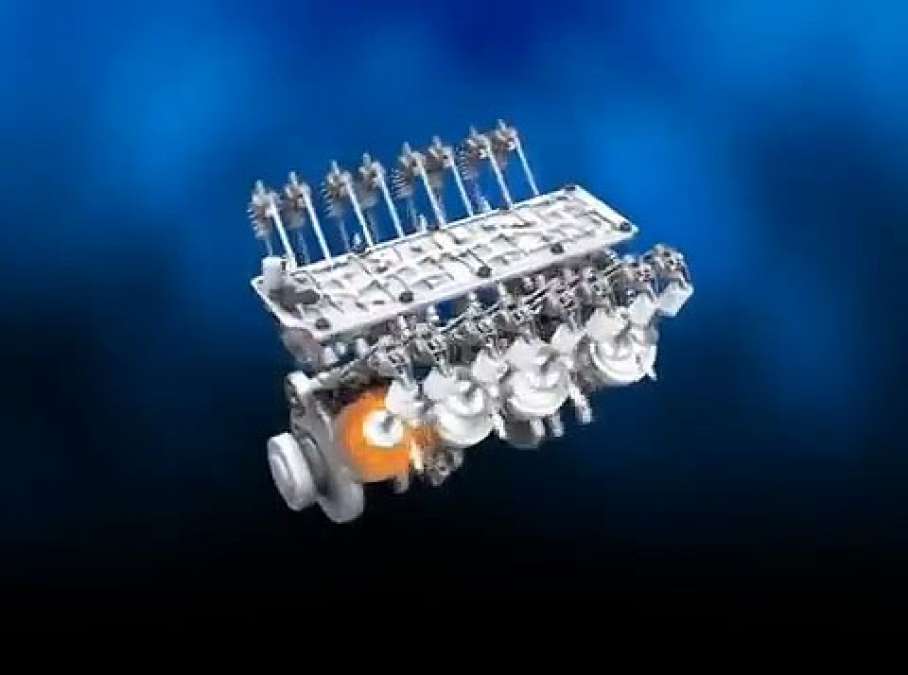Chevy doesn’t claim that its cylinder deactivation technology is new, but in a recent press release the company does claim that the current results it achieves with the technology make it competitive with other brands that have moved to turbocharged V6 engines to save fuel. Cylinder deactivation is simply what it sounds like. An engine that is not operating at full power need not pump air and fuel through all of its cylinders to maintain speed. Therefore, if the fuel/air mixture is suspended the engine will use less and have a higher mpg rating.
Many companies, GM included, are starting to promote smaller turbocharged engines as replacements for what used to be the standard for a given applications. For example, if a 6-cylinder was the norm, a 4-cylinder turbo is promoted. If a V8 was the norm, a turbocharged V6 is promoted. There is little doubt that turbocharging adds torque and power to an engine of a given size and cylinder configuration, however, it remains to be seen if smaller engines that are turbocharged will be more fuel efficient and also accepted by the public. Ford has made significant headway with its turbocharged engines and the truck line is no exception. It is this line that Chevy is trying to target with cylinder deactivation.
Jordan Lee, global chief engineer for small block engines at Chevy says “For millions of people who depend on their trucks and expect them to last, we believe our V-8 engines with Active Fuel Management are an excellent solution. In fact, our 5.3-liter V-8 delivers EPA fuel economy estimates comparable to some competitors’ V6 engines.” That is a stretch, but in certain configurations the Ford with a turbo-charged V6 and the small Chevy V8 do have very similar fuel economy ratings. Chevy’s Silverado XFE model does get 22 mpg highway using a V8, something that Ford can only match with a turbocharged V6. However, the comparison is not really perfect. The Ford EcoBoost V6 may have more torque available in most RPM ranges.
Chevy’s reliance on the V8 and active fuel management since 2004 has yielded good results, but it remains to be seen if the turbocharger will soon be added to that technology to double-up the fuel economy gains.





